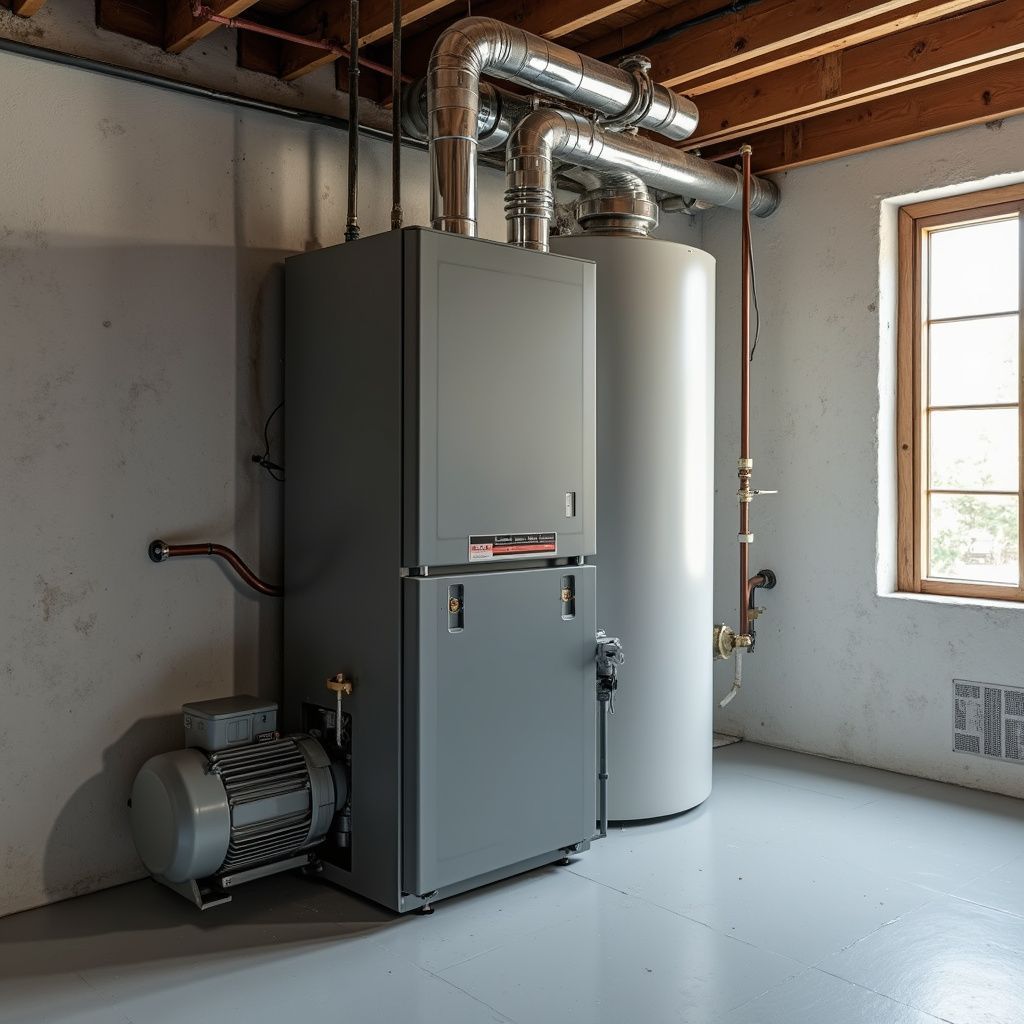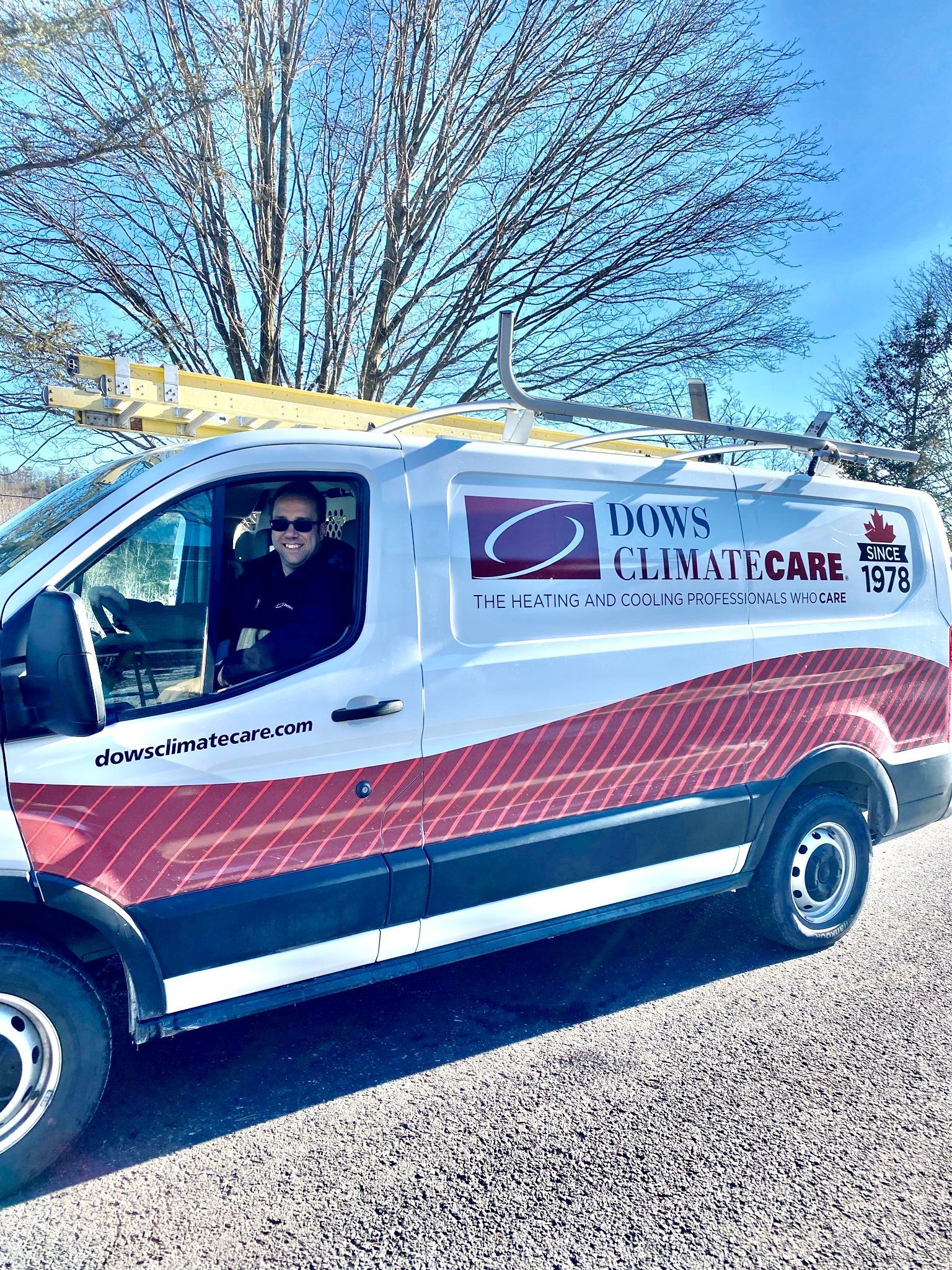Life Expectancy Of Water Heaters: Tankless On-Demand vs Hot Water Tanks

If you’re planning an upgrade (or trying to avoid a surprise leak), the life expectancy of water heaters is something you’ll want to understand. In Canada, conventional tank-style water heaters generally last about a decade (sometimes longer with great water quality and maintenance), while modern tankless models can reach two decades or more with proper care.
This post explains how and why lifespans differ, the wear-and-tear patterns to watch, what maintenance really adds to service life, how insurance and warranties factor in, and how to choose between tank and tankless for your household’s needs.
What Appliance “Life Expectancy” Really Means
A manufacturer’s warranty is not the same as expected service life. Warranties (often 6–12 years for tanks; longer heat-exchanger warranties for many tankless models) indicate how long the maker will stand behind key components. It’s not a promise of failure at year 13.
Real lifespan depends on usage, water quality, installation quality, and maintenance. Dows ClimateCare sees a typical practical range of ~10–15 years for tanks and ~20 years for tankless, in line with Canadian utility guidance.
Typical Canadian Water Heater Lifespans
- Tank (gas or electric): about 10–15 years in Canadian conditions
- Tankless (gas): about 20 years on average with proper maintenance.
- Heat Pump Water Heater (hybrid tank): efficiency standout; lifespan often similar to electric tanks, with maintenance needs for filters/condensate and adequate space/air volume.
Why Hot Water Tanks And Tankless Heaters Wear Differently
Tank Water Heaters: Corrosion And Sediment Are The Enemies
Steel tanks are lined and protected by a sacrificial anode rod. Over time, that rod depletes. Once it’s spent, corrosion accelerates inside the tank. Add sediment buildup from hard water, and you get hotter spots, noise (popping/rumbling), and stress on the glass lining, which eventually leads to leaks. Proactive anode checks and periodic tank flushing slow this arc.
Many Canadian utilities note a practical replacement window near the 10–15 year mark because corrosion risk rises sharply after that point.
Tankless Water Heaters: Watch for Scaling And Flow
With no storage tank to rust through, the main wear item is the heat exchanger. Hard water scale insulates heat transfer surfaces, forces higher burner or element output, and can trigger error codes. Annual (sometimes biannual) descaling in hard-water areas keeps efficiency and extends life; Canadian manufacturers explicitly recommend professional descaling.
Well-maintained tankless units commonly reach ~20 years in Canadian guides, but neglected scale in hard-water regions will cut that short.
Policy Context: Insurance, Codes, And Risk
Even if a tank still “heats,” many Canadian insurers tighten coverage or require replacement at around 10 years because of the water-damage risk if a tank fails. It’s common to see exclusions, higher deductibles, or coverage refusals for older tanks, so check your policy.
Gas-fired appliances also fall under provincial safety regimes. Bodies like TSSA in Ontario emphasize regular servicing and the importance of pressure relief valves being installed and functional.
Factors That Shorten Or Extend Service Life
- Water Quality (Hardness): Hard water accelerates scale (tank and tankless). Treatment and maintenance meaningfully extend life.
- Usage Profile: Large families, recirculation loops, and high setpoints mean more run-time and wear. (NRCan notes domestic hot water is a major energy load; efficiency and operation choices matter.)
- Installation Quality: Proper venting, gas sizing, condensate handling, and combustion air (for gas) prevent chronic stress. ClimateCare members are trained to these standards.
- Maintenance:
- Tanks: annual flush; anode inspection every few years; test the T&P valve.
- Tankless: clean inlet screens, verify combustion/venting, and descale per water hardness.
Tanks: Pros, Cons, And Real-World Life Expectancy
- Pros: Lower upfront cost; simple, widely serviceable; works with existing plumbing.
- Cons: Corrosion risk; standby heat loss; higher flood risk on failure; space required.
- Life Expectancy: Plan for 10–15 years; replace proactively near the insurer’s age limit to avoid coverage surprises.
- Maintenance Needs: Annual draining/flushing to remove sediment; anode checks; verify temperature/pressure relief operation. These steps reduce overheating and internal rusting that shorten life.
Tankless: Pros, Cons, And Real-World Life Expectancy
- Pros: Long life potential (~20 years average); compact; high efficiency; endless hot water (within flow limits).
- Cons: Higher upfront; needs correct gas line/venting; scale control is essential for longevity; cold-climate inlet temperatures may require sizing for peak flow or recirculation strategies.
- Life Expectancy: 20+ years with proper servicing. Book annually at least.
- Maintenance Needs: Annual professional descaling in hard-water areas; clean inlet water/air filters; verify condensate neutralizer (for condensing models). These help the heat exchanger last decades.
Heat Pump Water Heaters (Hybrid Tanks): Where They Fit
These units pull heat from the air to warm water but can switch to electric elements for faster heating. They’re “hybrid” because they use both air-source heating and electric resistance heating in one system.
- Efficiency: Natural Resources Canada notes ENERGY STAR® HPWHs use up to ~70% less electricity than standard electric tanks—excellent for households on electric rates or looking to cut emissions.
- Life Expectancy: Often similar to electric tanks for the storage portion, with added maintenance around filters/condensate and attention to room size/air volume. Choose units with accessible components and strong warranties, and lean on a pro for correct placement and noise management
Typical Warranties
Tank warranties are commonly 6–12 years on the tank/parts; tankless often carry long heat-exchanger warranties with shorter terms on parts/labour. A longer warranty usually reflects better materials or anode strategy—but water quality and maintenance still rule real-world lifespan. Dows ClimateCare can walk you through terms across brands so expectations match your home’s conditions.
Maintenance Schedules That Add Years
- Annual Service: Provincial safety authorities recommend regular servicing for gas appliances to maintain safe, efficient operation.
- Tanks (Every 12 Months): Drain/flush; inspect anode (every 2–5 years or per condition); test T&P valve; check venting/draft (gas).
- Tankless (Every 12 Months, or 6–12 in Hard Water): Descale; clean inlet screens; verify combustion/venting; check condensate neutralizer media.
If you prefer “set-and-forget,” Dows offers water heater maintenance plans that schedule these tasks so lifespan isn’t left to chance.
Signs You’re Near End-Of-Life
Here’s what to watch for if you suspect your hot water tank is at the end of its life:
- Age Threshold: At or beyond ~10 years for tanks (review insurance implications).
- Rust-Tinted Hot Water
- Rumbling/Knocking
- Frequent Resetting or Pilot/Code Issues
- Visible Leaks/Corrosion
If you see these and the tank is older, plan replacement before a failure. Dows’ own guide flags 10–20 years as an overall outer range depending on care and conditions.
How To Choose—No “One Right Answer”
Use this quick framework with your Dows advisor:
- Household Pattern: Large families with simultaneous showers/laundry may need higher tankless flow, a recirculation solution, or a larger tank.
- Water Quality: Hard water? Budget for treatment and descaling (tankless) or more frequent flush/anode checks (tank).
- Space & Venting: Tight utility rooms, sidewall clearances, and vent routes can favour one option over another—Dows assesses onsite.
- Fuel & Rates: Natural gas availability, electricity prices, and off-peak plans influence lifetime cost; HPWHs can shine on electric.
- Risk Tolerance: If a basement flood would be catastrophic, a proactive tank replacement or a tankless upgrade may be worth it, given insurance realities.
Cost And Risk: Total Ownership View of Each
- Upfront: Tanks win on purchase/installation cost. Financing is often available as well.
- Operating Cost: Tankless and HPWHs typically spend less over time, especially with high usage. NRCan/utility guidance supports the energy advantage of tankless and HPWHs vs. standard tanks.
- Failure Risk: Tanks can leak and cause water damage at end-of-life; insurers often enforce replacement age limits. Tankless failures are more likely to be no-heat events rather than damaging floods.
What To Expect On Installation Day (And After)
- Site Prep & Permits: Proper gas sizing, venting clearances, and drainage/condensate handling (for condensing/tankless). ClimateCare members follow manufacturer instructions and Canadian codes.
- Commissioning: Gas pressure/combustion checks, leak tests, flow verification, and control setup matter for lifespan and warranty.
- Owner Orientation: We’ll review maintenance intervals (flush or descale), setpoints, and what to watch/listen for so small issues don’t become expensive ones. Then we can enroll you in a maintenance plan so it stays on schedule.
Upgrade Your Hot Water with Dows ClimateCare Today
When you understand the life expectancy of water heaters, there’s no “gotcha” at year ten. If you want a tailored plan (and no surprises), talk to Dows ClimateCare for an assessment, right-sized options, and a maintenance schedule that keeps your next water heater on the long end of its lifespan.
Dows has served Kingston, Trenton, Belleville and area for decades with hot water solutions, maintenance plans, and answers on home comfort. Contact us today to upgrade your tank or tankless system.




